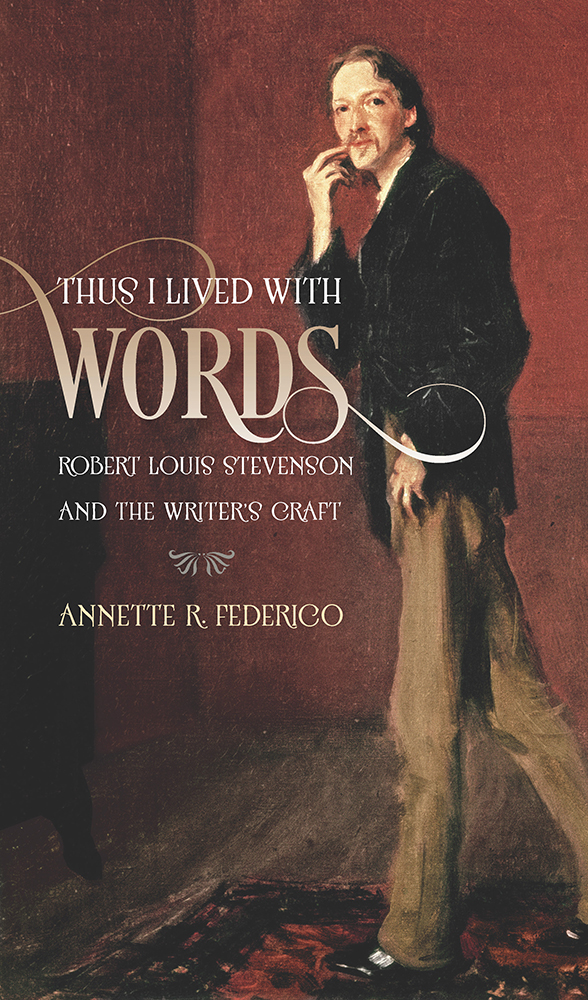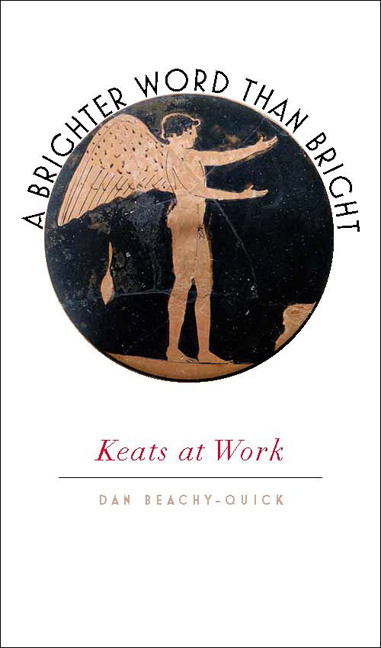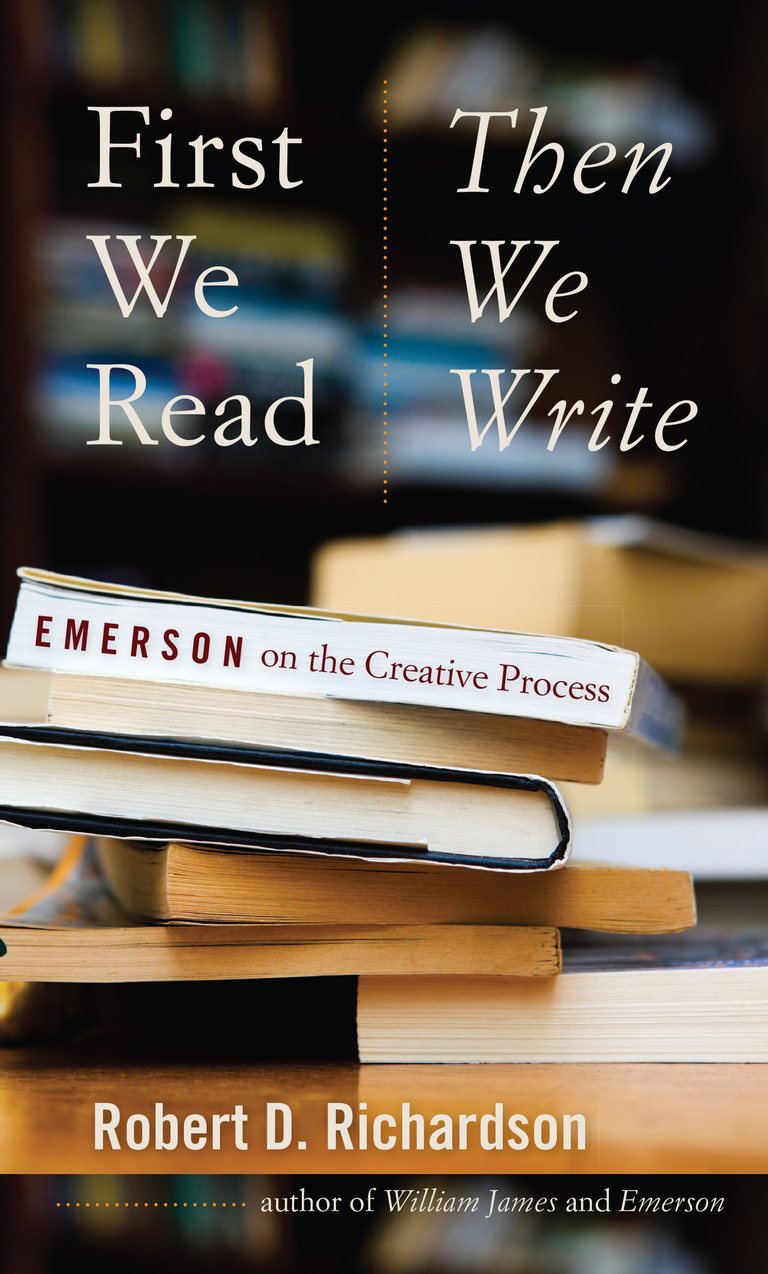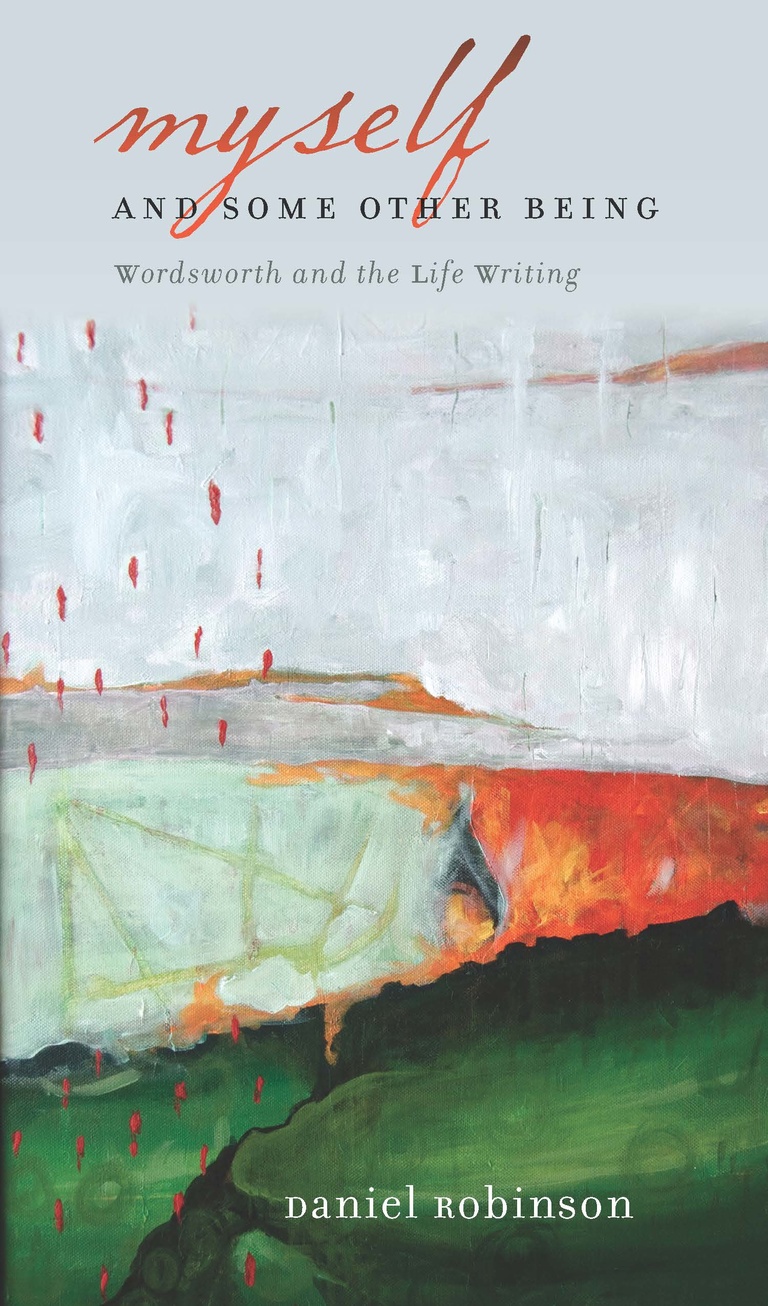Robert Louis Stevenson (1850–1894) loved more than anything to talk about the craft of writing and the pleasure of reading good books. His dedication to the creative impulse manifests itself in the extraordinary amount of work he produced in virtually every literary genre—fiction, poetry, travel writing, and essays—in a short and peripatetic life. His letters, especially, confess his elation at the richness of words and the companionship of books, often projected against ill health and the shadow of his own mortality.
Stevenson belonged to a newly commercial literary world, an era of mass readership, marketing, and celebrity. He had plenty of practical advice for writers who wanted to enter the profession: study the best authors, aim for simplicity, strike a keynote, work on your style. He also held that a writer should adhere to the truth and utter only what seems sincere to his or her heart and experience of the world. Writers have messages to deliver, whether the work is a tale of Highland adventure, a collection of children’s verse, or an essay on umbrellas. Stevenson believed that an author could do no better than to find the appetite for joy, the secret place of delight that is the hidden nucleus of most people’s lives. His remarks on how to write, on style and method, and on pleasure and moral purpose contain everything in literature and life that he cared most about—adventuring, persisting, finding out who you are, and learning to embrace “the romance of destiny.”
“Federico moves across virtually the entire range of Stevenson’s oeuvre to make her case for his importance not just as a writer but as a dedicated and self-conscious student of his craft, without losing sight of his commitment to the pleasures—the enchantments—of art. The result is an account that reveals quite clearly the range and subtlety of Stevenson’s thinking on the practice of literary writing.”—Stephen Arata, general coeditor, The New Edinburgh Edition of the Collected Works of Robert Louis Stevenson
“Stevenson was always a writer’s writer, an artist others admired and strove to learn from. By stitching together comments on his craft from the range of his essays, Annette Federico now brings readers into that special world, and in the process offers an insight into his poetics of fiction.”—Barry Menikoff, author, Narrating Scotland: The Imagination of Robert Louis Stevenson
“Federico offers a treasure trove of Stevenson’s often inspiring, always insightful thoughts on writing. With her insightful thematic introductions and tender engagement with his aesthetics and values, Stevenson comes to life as one of the most eloquent, innovative, and generous authors who have rambled in ‘the forest of art.’”—Dennis Denisoff, McFarlin chair of English, University of Tulsa



